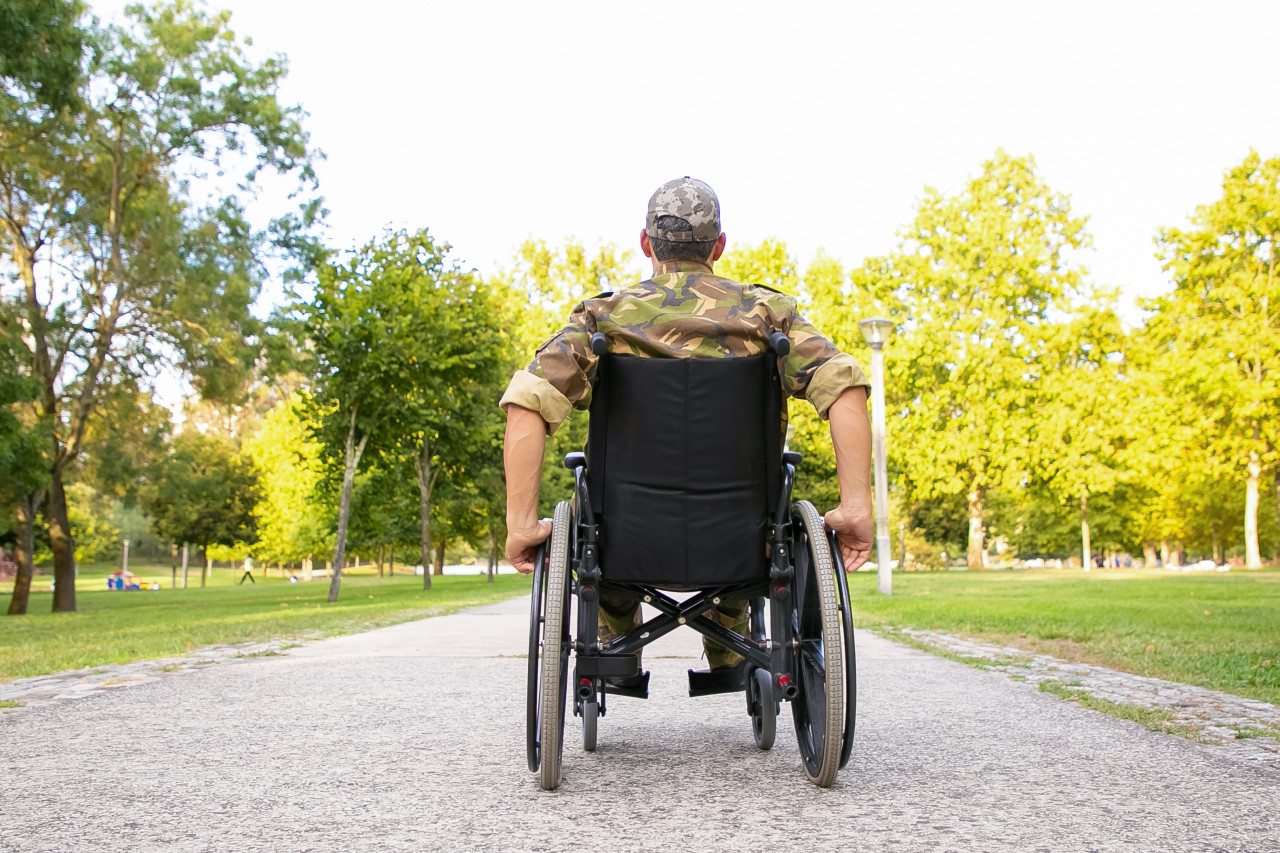Social Disability Lawyer Blog
SSDI for Paralyzed Veterans
Paralyzed veterans face unique challenges in their daily lives, requiring comprehensive support and assistance. If you are a paralyzed veteran and wondering how you can qualify for disability benefits, this guide is here to provide you with essential information. As an experienced disability attorney specializing in California disability cases, I understand the intricacies of the system and can help shed light on the path to securing the benefits you deserve.
Understanding the Disability Evaluation Process for Paralyzed Veterans
To qualify for disability benefits, including Social Security Disability Insurance (SSDI), paralyzed veterans must navigate the disability evaluation process. The process involves assessing the impact of your paralysis on your ability to work and engage in substantial gainful activity (SGA). The severity and duration of your paralysis will be evaluated to determine if you meet the criteria for disability benefits.
The Role of Medical Evidence:
Medical evidence plays a crucial role in demonstrating the extent of your paralysis and its impact on your daily life. Comprehensive medical records, including reports from treating physicians, specialists, and rehabilitation professionals, are essential to support your disability claim. These records should outline the diagnosis, treatment history, functional limitations, and prognosis related to your paralysis.
VA Disability Benefits:
Paralyzed veterans can also explore disability benefits provided by the Department of Veterans Affairs (VA). The VA offers compensation and pension benefits specifically tailored to veterans with service-connected disabilities, including paralysis. The VA disability rating system assesses the severity of your paralysis and assigns a disability rating, which determines the level of benefits you may be eligible to receive.
Navigating the SSDI Evaluation Process:
When applying for SSDI benefits, paralyzed veterans will undergo a rigorous evaluation process conducted by the Social Security Administration (SSA). The SSA will assess your medical records, functional limitations, work history, and residual functional capacity (RFC) to determine if you meet their criteria for disability. Your RFC evaluation will take into account your ability to perform physical and mental tasks required for different types of work.
Special Considerations for Paralyzed Veterans:
The SSA recognizes the unique challenges faced by paralyzed veterans and provides specific guidelines for evaluating their disability claims. Paralyzed veterans may be eligible for expedited processing of their SSDI applications through the Wounded Warrior program. Additionally, the SSA may consider the impact of assistive devices, accommodations, and vocational training programs when assessing your ability to engage in gainful employment.
Working with a Disability Attorney:
Navigating the complexities of the disability benefits system can be daunting, especially for paralyzed veterans seeking the benefits they deserve. Working with a knowledgeable disability attorney experienced in handling cases for paralyzed veterans is highly recommended. An attorney can help gather the necessary medical evidence, ensure your application is accurately prepared, and represent your interests throughout the appeals process if needed.
Securing disability benefits as a paralyzed veteran requires a thorough understanding of the evaluation process and the support of experienced professionals.
Remember, as a paralyzed veteran, you have sacrificed for your country, and you deserve the support and benefits available to you. By gathering comprehensive medical evidence, understanding the specific considerations for paralyzed veterans, and seeking legal representation, you can maximize your chances of qualifying for disability benefits.
When you subscribe to the blog, we will send you an e-mail when there are new updates on the site so you wouldn't miss them.

Comments